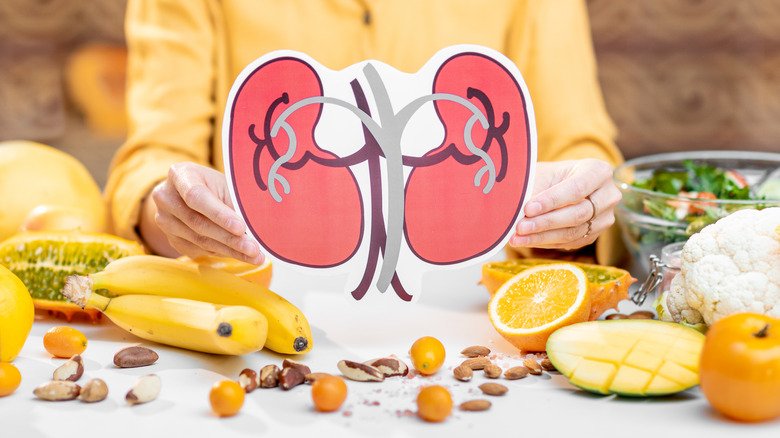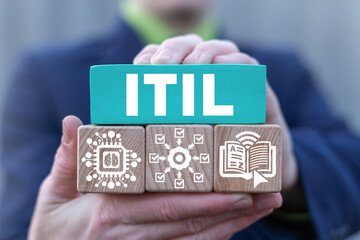Renal disease is one of the main health concerns for men these days. Many men, especially those over 40, suffer the negative impacts of renal issues. In any event, your kidney may be the primary organ, controlling vital metabolic processes that are essential for your endurance.
When the kidneys aren’t functioning correctly, the body accumulates waste from meals, toxins, and liquids. In this way, those who have renal issues should maintain a regular eating schedule. Men with renal impairment will inevitably experience impotence and desire loss. Use Cenforce 100 and Cenforce 150 to treat difficulties getting an erection brought on by renal problems.
Dietary restrictions for renal patients change depending on the severity of kidney dysfunction. Consult your PCP to learn about the ideal dietary regimen if you have a kidney infection. The kidney’s primary focus is on cleansing the blood of toxins and waste.
Liquids
You should restrict the amount of fluids you consume while receiving hem dialysis. A few soil-derived compounds may include a significant amount of water in addition to water. They include natural goods like melon, grapes, apples, and oranges. Drinking anything in the intervals between dialysis sessions may result in weight gain. The extra liquids have an effect on your pulse, which may fundamentally affect your heart.
The greatest method for lowering liquid intake is to lower thirst by consuming less salt. Avoid spicy foods like chips and go for low-sodium options. Furthermore, drinking from small cups will assist you avoid swallowing too much fluids. Determine how much fluid you may eat on a daily basis with the help of a nutritionist. If you strictly adhere to their recommendations, you should avoid using prescriptions such as Cenforce D.
Potassium
Potassium has an effect on how efficiently the heart beats. A normal heartbeat is maintained by healthy kidneys that maintain the proper level of potassium in the blood. Rising potassium levels in the middle of dialysis sessions might affect your pulse. If you consume an excessive quantity of potassium, it might cause serious damage to your heart. It might lead to death.
Avoid eating potassium-rich foods such as avocados, bananas, beetroot greens, dried organic items, and others. Assist in directing the potassium levels in your blood. Reduce your intake of additional potassium-rich foods. Reduce your consumption of melons, oranges, and other delicate natural potassium-rich food. Potato potassium levels can be reduced by cutting or destroying them and then bubbling them in water.
Phosphorus
When your blood phosphorus levels are abnormally high, your bones lose calcium, making them weak and prone to breaking. Additionally, it causes itchy skin. Phosphorus-rich foods include milk, cheddar, dried beans, peas, almonds, and peanut butter. It is advised to avoid some feasts or to consume them just seldom.
You may already be using Genericcures Medicines. To regulate the levels of phosphorus in your in-between medicines, your primary care physician may prescribe phosphate-restricting medications. These medications block phosphorus from entering the circulation system by consuming it.
Sodium
Another sodium-containing food is salt. The majority of frozen and canned food choices include a lot of salt, which dehydrates you. Your heart should beat faster in order for the fluids to circulate throughout the body. This might lead to the development of hypertension and cardiovascular collapse over time. If you want to reduce your salt intake, stay away from processed and packaged foods, as well as spicy chips.
Proteins
If you have kidney problems, you should eat very little protein. Most renal patients are advised to consume as much high-quality protein-rich food as possible. Protein aids in tissue regeneration as well as muscular health. You will moreover recover from a medical procedure quicker and have a more solid immune structure. Great proteins may be found in meat, fish, poultry, and eggs, especially egg whites.
If you have kidney difficulties, you’re eating and drinking habits might affect your therapy and how you feel afterward. Squanders and toxins can accumulate in your blood between dialysis sessions, making you feel exhausted.
However, you can avoid this accumulation by adhering to a moderate renal dietary regimen. Balance your diet to avoid waste, liquid accumulation, and the blood components that dialysis frequently removes. Following the meal recommendations above will enhance your kidney health as well as your overall well-being.
End
Everything you eat, even water, has an impact on your kidneys. As a result, you should consider which foods to eat and which to avoid. Your dietician will collaborate with you to create a plan based on your specific needs, the stage of your kidney disease, and any other clinical conditions you may be managing. Kidney disease has a negative impact on men’s sexual well-being.
If you are starting hemodialysis, you need make specific dietary and lifestyle adjustments. It is strongly advised that you consult a renal dietitian to create a custom diet for you.



